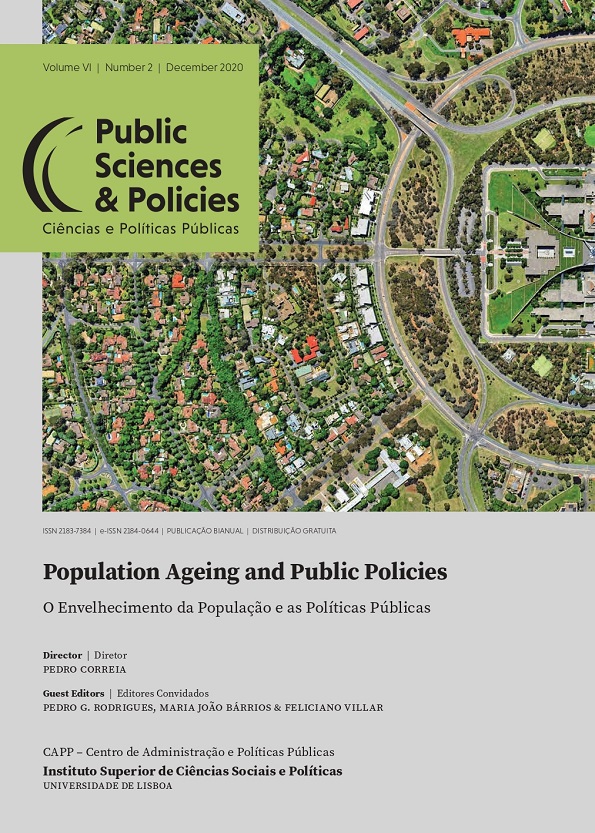German pension and labour market reforms and the potential rise of social inequality amongst older workers and pensioners
DOI:
https://doi.org/10.33167/2184-0644.CPP2020.VVIN2/pp.99-117Keywords:
Older Workers, Employment Policies, Social Inequality, GermanyAbstract
Policymakers in all European countries have implemented reforms aimed at delaying retirement and extending working lives mainly to mitigate financial pressure on public pay-as you-go pension systems and to increase the supply of skilled labour. This could be a reason for an increase of older workers’ labour force participation. This increase was particularly strong in Germany. In the paper at hand, we will answer two research questions: i) how can this steep increase in German older workers’ employment rate be explained? Furthermore, and related to this: ii) have policies for longer working lives fostered inequality? We base our analysis on an extensive literature review and descriptive data analysis. We conclude that the rise of the employment rate of older workers in Germany has several causes. First, the German labour market has performed very well, so that the policy debate has shifted from unemployment to a lack of (skilled) labour. Second, there is a strong increase of female labour market participation. Third, due to cohort effects, today’s older workers are healthier and better skilled than their predecessors. Finally, the pension and labour market reforms aimed at delaying retirement had an effect. However, we also find that lowskilled and low-income workers increasingly have to delay their retirement due to financial reasons. It seems that social inequalities in the retirement transition are increasing in Germany.
Downloads
Published
How to Cite
Issue
Section
License

This work is licensed under a Creative Commons Attribution-NonCommercial-NoDerivatives 4.0 International License.



